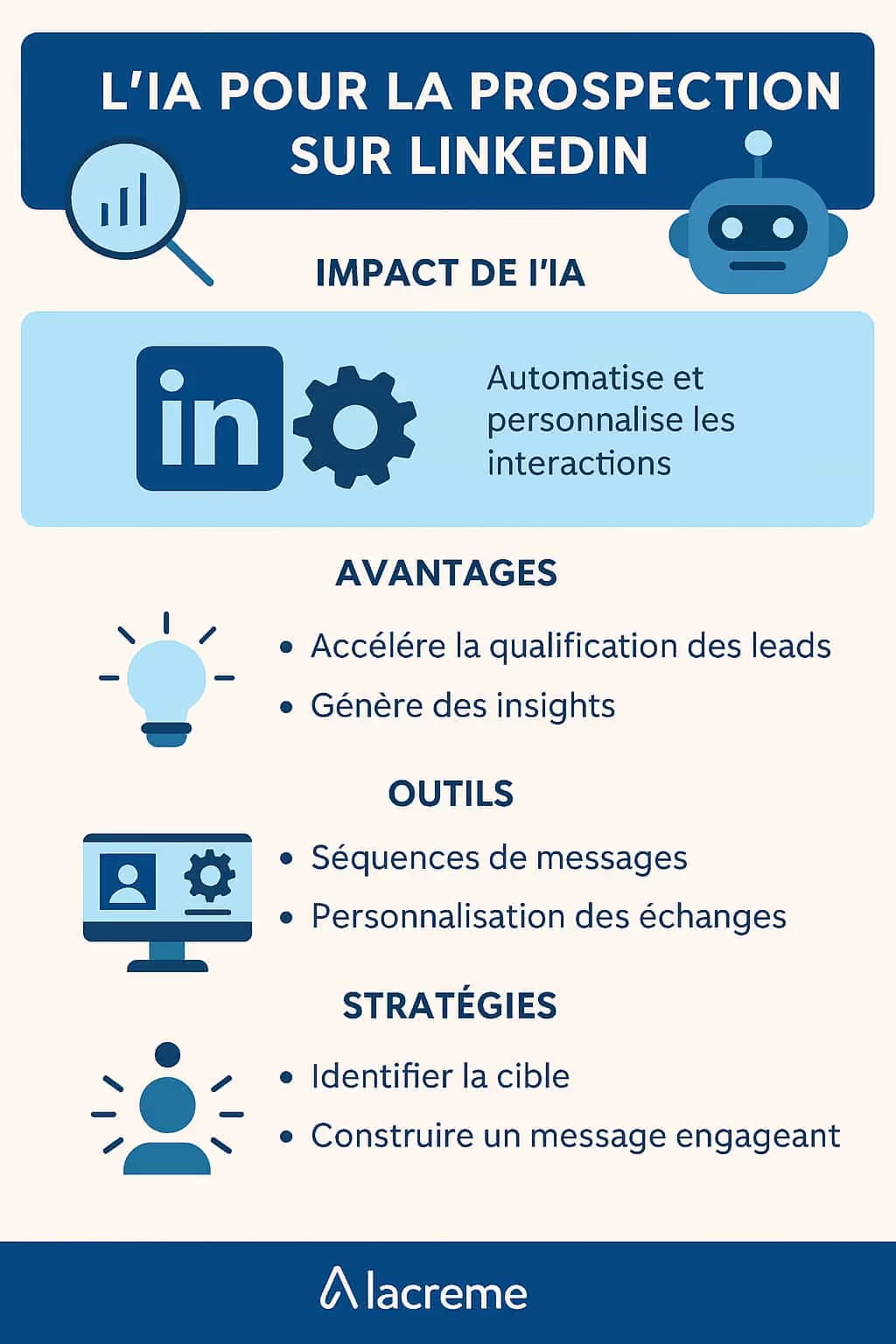THEartificial intelligence (IA) has come a long way from humble beginnings to becoming a dominant force in our modern society. This article delves into the defining moments of this fascinating story, revealing how AI has evolved and revolutionized various fields. You will discover the key milestones that have shaped AI and how it continues to impact our daily lives. A captivating story for anyone who loves technology and history!
1. What is Artificial Intelligence?
Artificial intelligence, a term invented in the 1950s, encompasses algorithms and technologies that allow machines to mimic human thought processes. From machine learning to speech recognition, AI is transforming the way we live and work.
2. The Origins of AI: Where It All Started
In the 1940s, pioneers like Warren McCulloch and Walter Pitts established the theoretical foundations of AI, laying the groundwork for what would become a technological revolution.
3. Alan Turing and the Turing Test: Defining Machine Intelligence
Alan Turing, a British mathematician, proposed the famous Turing test in the 1950s, a method for evaluating the intelligence of a machine. This concept has strongly influenced the development of AI.
4. Expert systems: When AI meets computing power
Expert systems, developed in the 1960s and 1970s, showed how AI could use computing power to solve complex problems, marking a major advance in the field.
5. The Rise of Deep Learning: How AI Surpassed Human Intelligence
Deep learning, a branch of machine learning, allowed significant progress in the 1990s and 2000s. Thanks to artificial neural networks, AI has begun to perform tasks that were once considered exclusively human.
6. The Chess Challenge: Deep Blue vs Kasparov
In 1997, IBM's Deep Blue defeated world chess champion Garry Kasparov, a historic moment that demonstrated the ability of AI to surpass human intelligence in complex games.
7. The Neural Network Revolution
Neural networks, inspired by the structure of the human brain, have revolutionized the way machines learn, allowing AI to process data in more efficient and innovative ways.
8. General Artificial Intelligence vs Forte: What's the Difference?
General AI and strong AI represent two different approaches in the field. While general AI aims to replicate human intelligence as a whole, strong AI focuses on specific tasks with greater efficiency than humans.
9. Machine Learning: AI Learns from Data
Machine learning, a key component of modern AI, allows machines to learn and adapt from data, without being explicitly programmed for each task.
10. The Impact of AI on Modern Society
AI is having a profound impact on our society, transforming everything from industry to entertainment. Its potential continues to grow, promising innovations that are still unimaginable.
Key Points to Remember
- Definition and Origins of AI: A revolutionary technology based on the imitation of human thought.
- Major Innovations: From the Turing test to neural networks, AI has seen many key developments.
- Historical challenges: Moments like Deep Blue's victory against Kasparov have made AI history.
- General AI vs Strong AI: Two different approaches in the pursuit of artificial intelligence.
- Societal impact: AI continues to transform our world in profound and sustainable ways.






